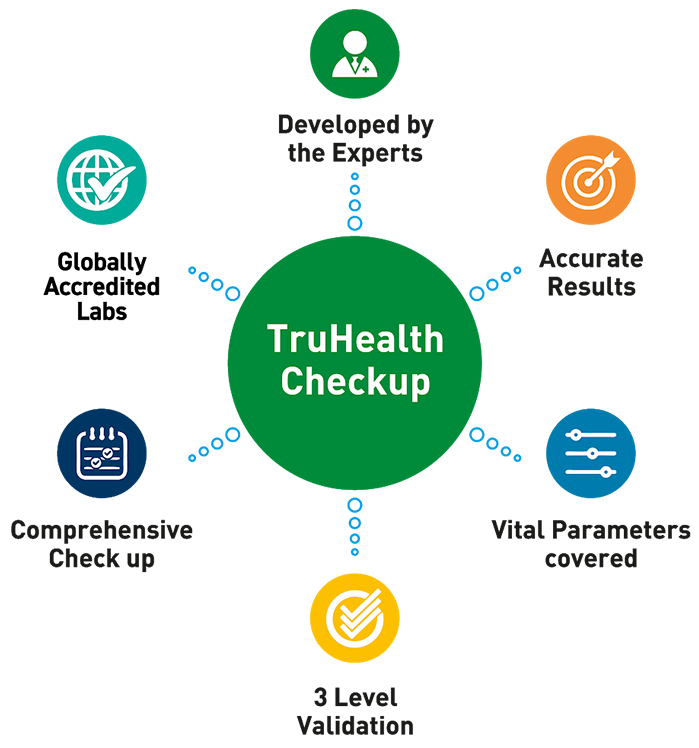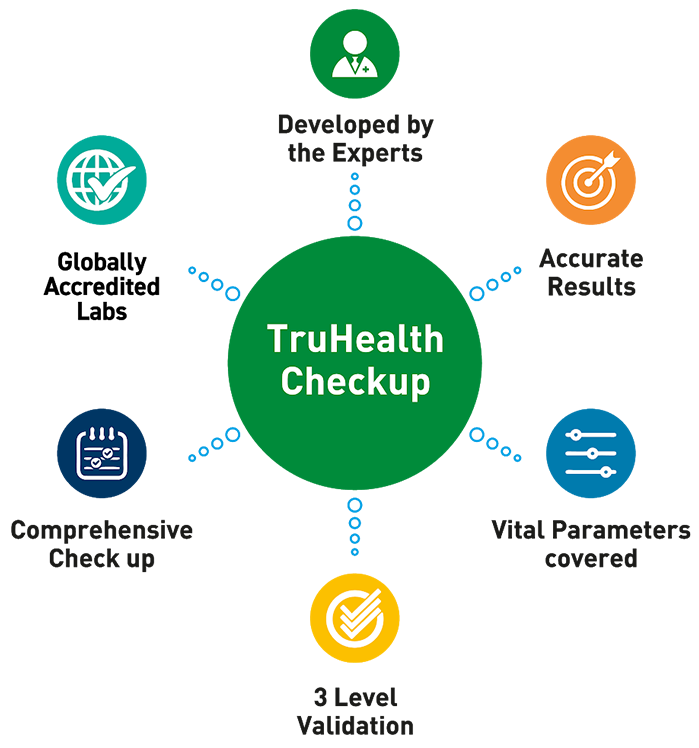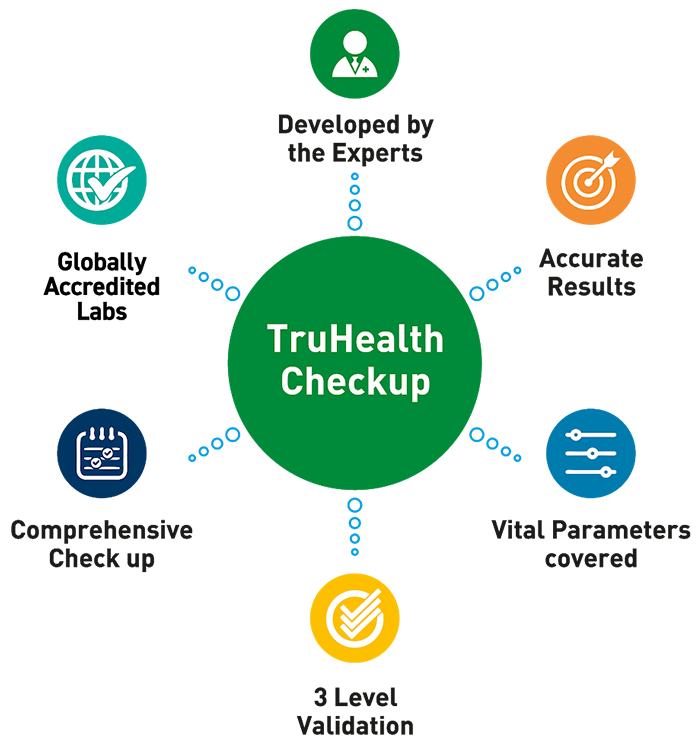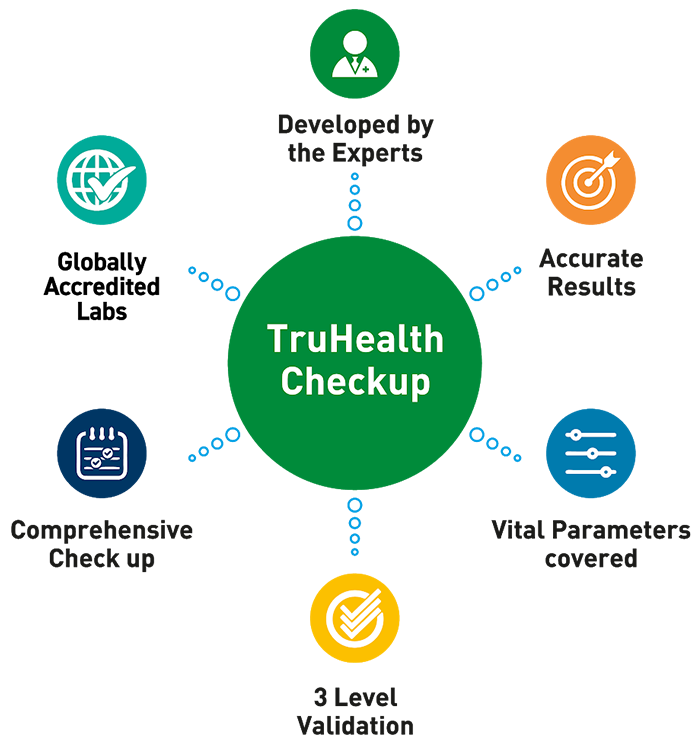Preventive Healthcare
What are Neurodegenerative Diseases: Causes, Symptoms & Types
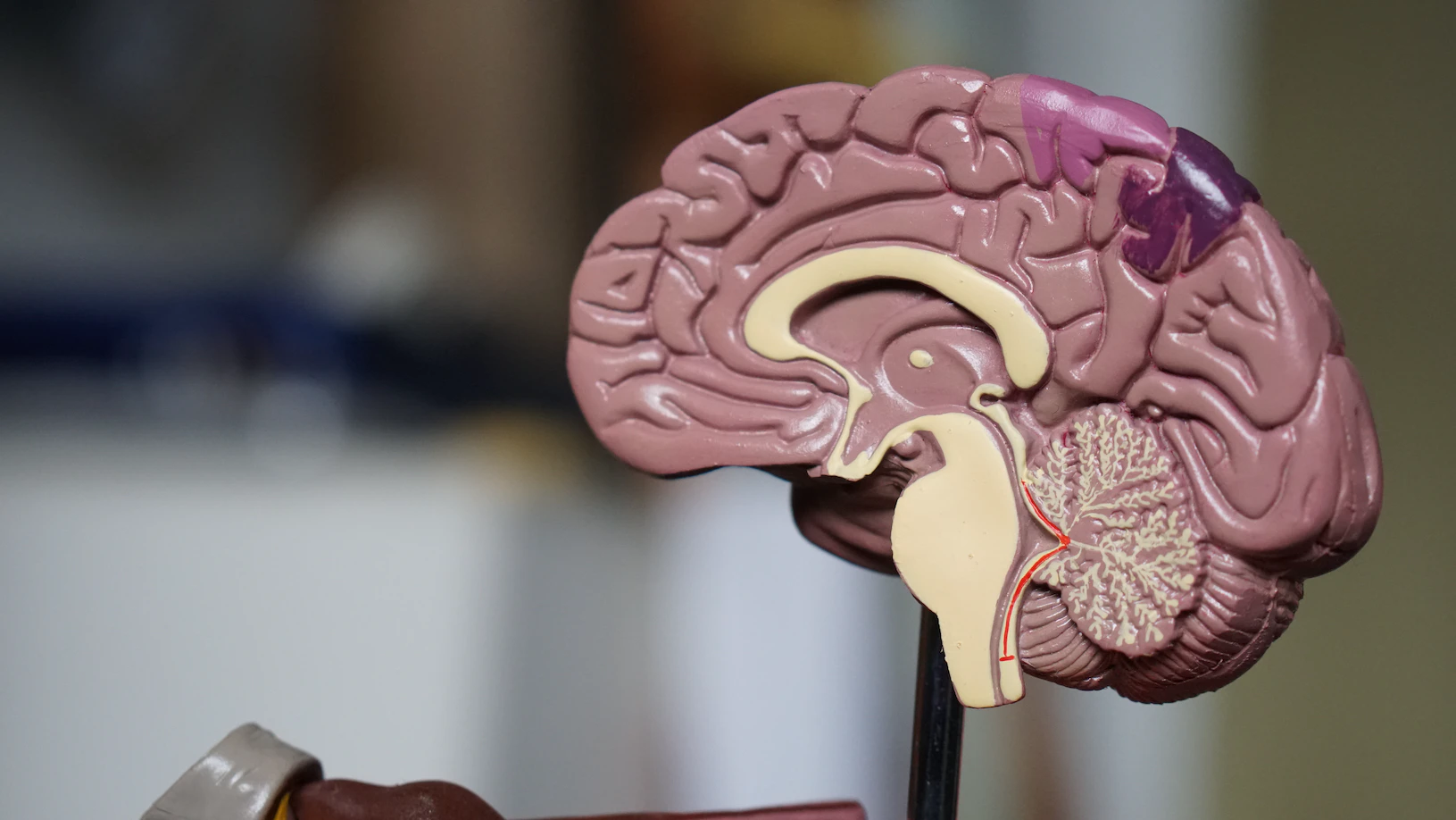
Table of Contents
Neurodegenerative disorders are common in the world. Nearly one-sixth of the entire world population is suffering from neurodegenerative issues. Almost 6.8 million US citizens have Alzheimer's.
What Are Neurodegenerative Diseases?
Neurodegenerative diseases are medical conditions and sometimes emergencies where a person suffers from neural problems. It is a problem where your nervous system gets degenerated. These diseases may affect parts of your nervous system, especially the brain or the entire system.
This specific term refers to several neurological diseases whose symptoms are unique. However, one common ground is that all such diseases slowly prey on the victims and gradually damage their nervous systems. It takes a long time to show the symptoms, but in most cases, doctors have nothing to do, as they are too late.
Neurodegenerative Disease List
A long list of diseases falls under the umbrella term of neurodegenerative disease. They are further classified into several groups. Check the following checklist to get a clear idea:
- Dementia-type diseases
- Parkinson's disease
- Demyelinating diseases
- Prion diseases
- Motor diseases
These above-mentioned diseases have sub-groups based on their symptoms. Check them out from the following:
Dementia-Type Diseases
This is the most common cause of neurological diseases. In this condition, neurons of your nervous system, especially around your brain, are damaged. This is a progressive condition and slowly causes damage. They are classified further into:
- Alzheimer's Disease
- Frontotemporal Dementia
- Chronic Traumatic Encephalopathy (CTE)
- Lewy Body Dementia
- Limbic Predominant Age-Related TDP-43 Encephalopathy (LATE)
Parkinson's Disease
This is a condition where the neurons regulating coordination and muscle movements wear off.
- Parkinson's Disease
- Parkinsonism (looks similar to Parkinson's Disease but is not)
Demyelinating Diseases
In this condition, your neurons remain unaffected, but the myelin gets damaged. Myelin is responsible for sending and relaying nerve signals.
- Multiple Sclerosis (MS)
- Neuromyelitis Optica Spectrum Disorder (NMOSD)
Prion Diseases
It is fast-spreading brain damage caused by the misfolding of protein sheaths. It can be genetic; however, scientists are not 100% sure of it.
- Creutzfeldt-Jakob disease
Motor Diseases
When the neurons around your brain that control your physical movements die, you get the following diseases:
- Amyotrophic Lateral Sclerosis (ALS)
- Progressive Supranuclear Palsy
Symptoms
Every neurological degenerative disease is a complex medical condition. Although, in most cases, they exhibit proper symptoms, there are instances when they do not show any single sign. Even if they do, it is too late to initiate any effective treatment. Moreover, many conditions exhibit symptoms unrelated to the said diseases.
However, you should be aware of the general symptoms so that you can take immediate action:
Dementia-Type Diseases
- Memory loss
- Confusion
- Difficulty in concentrating
- Trouble in thinking
- Sudden behavioural changes
Parkinson’s Disease
- Slow movements
- Problem in balancing
- Hunched posture
- Shaking hands
- Tremoring body
- Shuffling steps
Demyelinating Diseases
- Pain
- Weakness
- Fatigue
- Numbness
- Muscle spasms
- Coordination issues
- Paralysis
Motor Diseases
- Loss of control over muscles
- Slurred speech
- Difficulty in swallowing food
- Weak grip
- Muscle cramps
- Sudden weight loss
- Paralysis
Causes
Medical scientists and doctors cannot pinpoint certain degenerative diseases' specific causes. For some reason, they may point out one cause of any particular disease. Unfortunately, in most cases, doctors cannot find any definite or possible cause of such degenerative diseases.
Some of the possible causes of any degenerative disease are as follows:
Age
Age is undoubtedly one of the most common causes of any disease, whether neural or otherwise. The older you get, the cells and neurons of your brain and body start wearing off. Once you pass your youth, you develop certain health conditions. Degenerative diseases are prevalent in older adults. Your brain gets weak and develops diseases like dementia. Though not impossible, the prevalence of dementia is less among youngsters.
Genetic problems
Next to age, genetics plays a huge role in shaping your health conditions. If your family has a history of any degenerative disease, there is a higher chance that you may develop one. Genetic mutations passed down from generation to generation may also impact your present health condition. But in some cases, specific mutations remain and cause degenerative diseases.
Medical History
Previous medical conditions like cancer, brain injury and some deadly infections may lead to severe consequences like degenerative disease. If you have been diagnosed with any severe illnesses, the after-effects of its treatment may cause damage to your brain. Certain medical conditions may also worsen your existing degenerative diseases.
Adverse Environment
Doctors cannot yet confirm how the environment can affect your brain and cause degenerative diseases. But there are instances when a perfectly healthy person exhibits similar symptoms of dementia after being captivated in a particular environment for an extended period.
Pollution, poor hygienic surroundings, and exposure to toxic chemicals and harmful radiation are proven factors of many neurological diseases. However, it is seen that people living far from the equator have a high chance of getting dementia.
Poor Choice of Lifestyle
Lifestyle makes a considerable change in everybody's overall health. If you are addicted to alcohol, tobacco and harmful and illegal drugs, they can affect your neurological health sooner or later. Moreover, a sedentary lifestyle may also cause adverse effects in the long run.
Diagnosis and Treatment
Diagnosis
- Laboratory Tests: Blood tests, genetic tests.
- Imaging Tests: CT scans and MRI
- Histopathology: Certain conditions like Pick's disease and chronic traumatic encephalopathy are not detectable while the patient is alive. This test is performed after death.
Treatment
Unfortunately, there is no cure for brain damage. Doctors may initiate treatments based on the cause to inhibit the effects. But in most cases, they are untreatable. It is best to consult with the designated doctor to discuss this at length, depending on the specific conditions.
In Summary
Neurological problems do not just refer to only one condition. Instead, it is a parent term for many diseases. You cannot prevent any neurological disease anyhow. There may be treatments to cure your body parts if there are any neural issues. But, if it is with your brain, it is hard to get better. You can help the patient with comfortable environments and good behaviour.
Metropolis Healthcare is one of the largest diagnostic chains in the country. You can find their branches in almost all the cities in India. With their years of successful service toward human health and diseases, Metropolis Healthcare stands strong as one of the best pathological centres in India.
Some of the critical points of Metropolis Healthcare you may want to know:
- One-time collection of samples
- Painless procedure while collecting blood samples
- Skilled and experienced staff
- Special attention to every individual, especially children and older adults
- Latest testing apparatus
- Thoroughly cleaned and sanitised lab and equipment
- Safety guidelines maintained by every staff
- Accurate and verified test reports with doctor's affirmation in less than 24 hours
Book Blood Test at Home
Final Takeaway
- These diseases damage neurons of the brain.
- The cause is still unclear to experts.
- Patients cannot survive more than 10 years in these situations.
- Visit Metropolis Healthcare for any test.

















